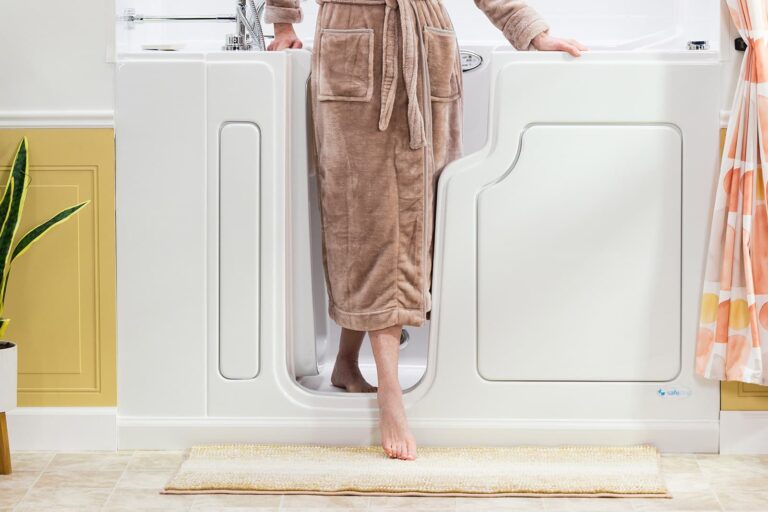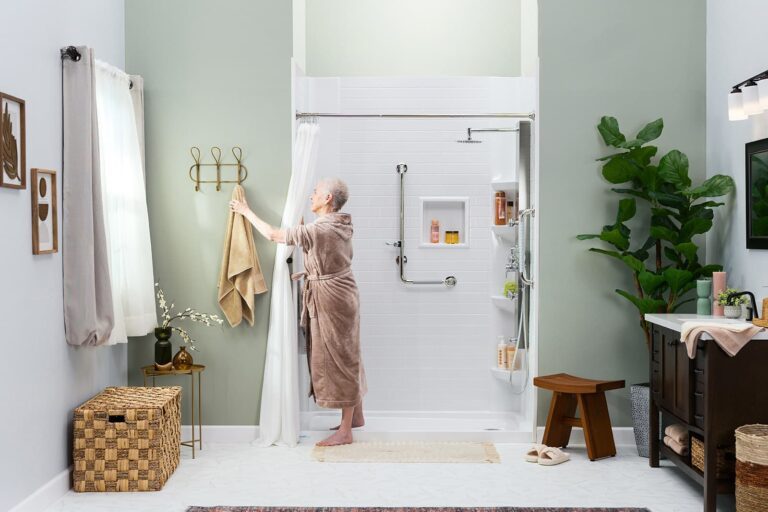9 Winter Skincare and Bathing Tips to Keep Your Skin Healthy and Hydrated
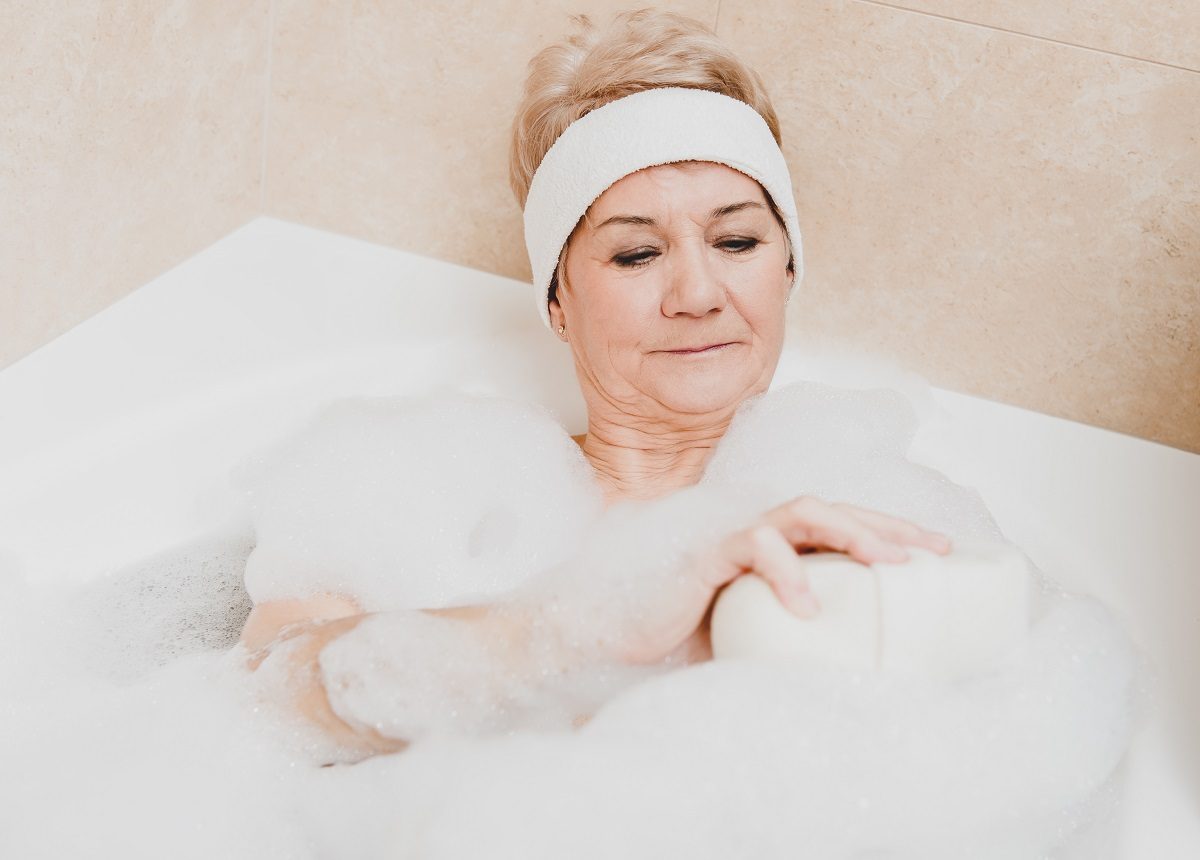
Does your skin feel like parchment paper during winter? You’re not alone. As you age, you may start to battle dry, itchy skin during cold months. Whether you’re managing eczema or simply want to maintain soft, hydrated skin, discover our nine skincare tips to keep you healthy and glowing all winter.
1. Moisturize Regularly
By age 64, 75% of seniors experience dry skin. Without proper moisturizing, this can lead to more than just discomfort—it can create cracks in your skin’s protective barrier, leaving you vulnerable to itchy, painful skin conditions and infections.
To combat dryness, apply moisturizer immediately after bathing while your skin is still slightly damp to lock in hydration. Next time you’re shopping, check for these three power ingredients:
- Hyaluronic acid for deep hydration
- Ceramides to strengthen the skin barrier
- Glycerin to attract and retain moisture
For seniors with extremely dry skin or eczema, dermatologists recommend moisturizing at least twice daily, focusing on problem areas like elbows, knees and feet.
2. Take Lukewarm Baths
That steamy, hot bath might feel heavenly, but it’s actually stripping your skin of essential oils and increasing dryness. The ideal bath temperature is 90° F to 105° F (32° C – 40° C), which is slightly higher than the average body temperature. You can maintain a consistent, safe water temperature throughout your bath using anti-scald technology to eliminate the risk of burns while protecting your sensitive skin.
Remember to limit bath time to 10-15 minutes to prevent excessive skin dehydration. This is especially important if you have conditions like eczema or psoriasis, as prolonged exposure to water can trigger flare-ups.
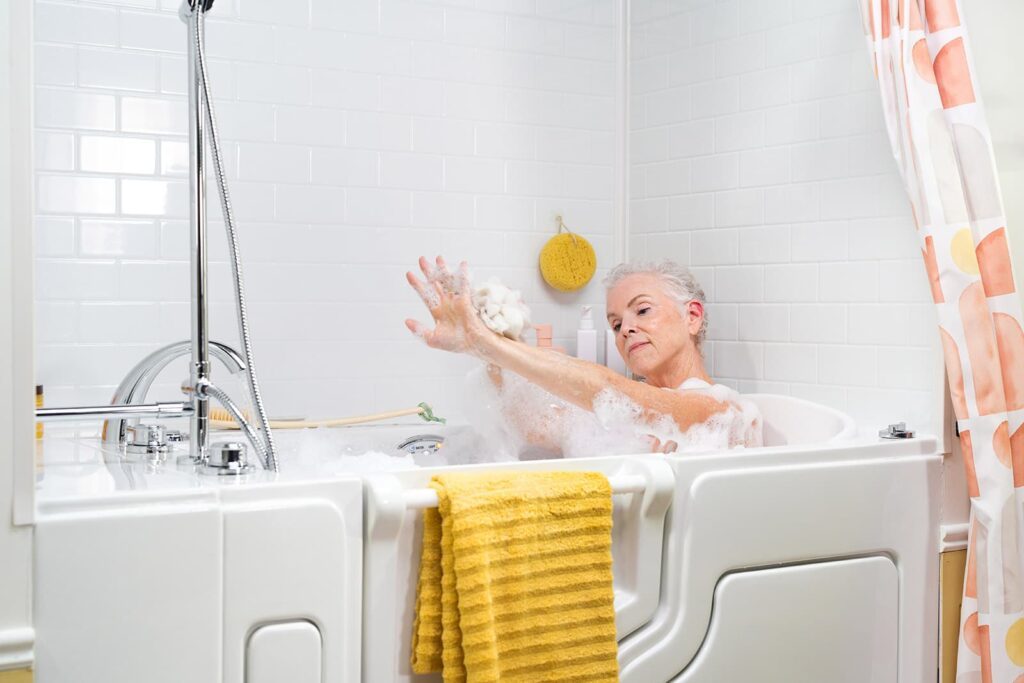
3. Use Gentle Cleansers
Harsh soaps can disturb your skin’s natural pH balance and remove protective oils. Choose mild, fragrance-free cleansers specifically formulated for sensitive skin. The American Academy of Dermatology Association recommends people in their 60s and 70s use gentle cleansers to soothe winter skin irritation.
Look for cleansers labeled:
- Fragrance-free
- Hypoallergenic
- pH-balanced
- Non-comedogenic
4. Prevent and Treat Dry Scalp & Hair
Winter’s dry air can wreak havoc on both your scalp and hair. A dry, flaky scalp often leads to brittle, dull hair since your scalp’s natural oils can’t effectively moisturize your strands. This creates a double challenge: addressing both scalp irritation and preventing hair damage.
To soothe and revive your locks from roots to ends:
- Use a moisturizing shampoo specifically formulated for dry scalp
- Follow with a hydrating conditioner from mid-length to ends to protect hair strands
- Consider using a weekly scalp treatment or hair mask for deep moisturizing
For seniors with thinning hair, keeping your scalp moisturized and healthy during the harsh winter months gives your hair the best chance to grow strong and prevent additional hair loss.
5. Exfoliate Regularly
Gentle exfoliation helps remove dead skin cells that can prevent moisturizers from penetrating effectively. Consider upgrading to a tub with air bubble jets that pump millions of micro-bubbles into your bath to hydrate, soften and exfoliate your skin while you soak. This air therapy system helps:
- Remove dead skin cells naturally
- Improve circulation
- Promote healthier, more radiant skin
- Deep clean pores without harsh scrubbing
For seniors with sensitive skin, limit exfoliation to once or twice weekly to avoid irritation.
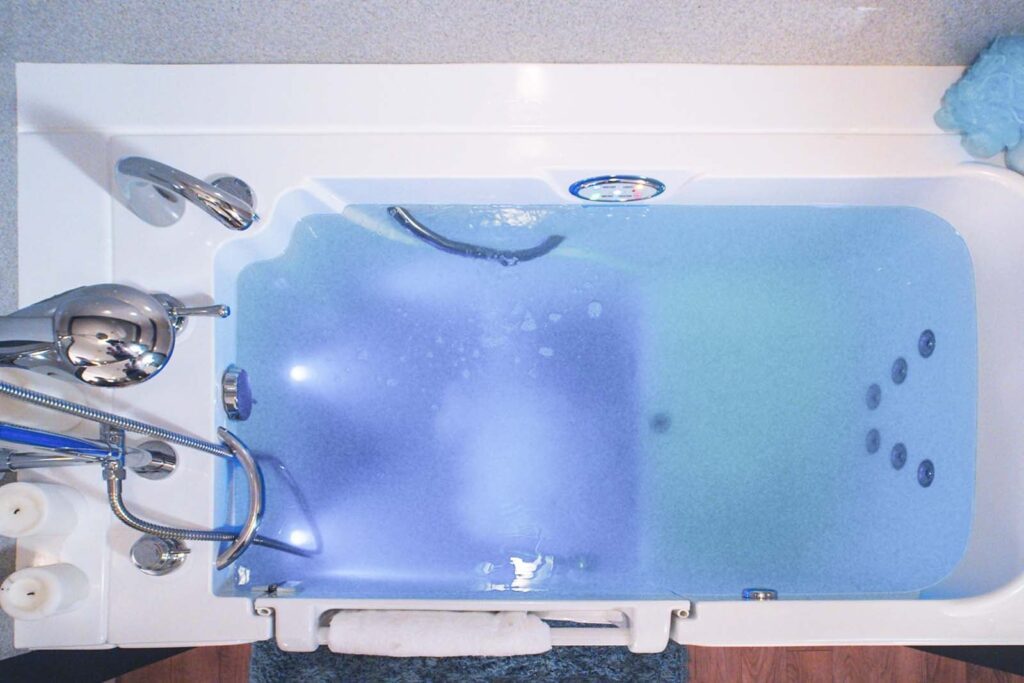
6. Pat Dry, Don’t Rub
After bathing, gently pat your skin dry with a soft towel instead of rubbing. Vigorous rubbing can irritate sensitive skin and remove essential oils. Pay special attention to skin folds and between toes, where moisture can lead to fungal infections.
7. Humidify Your Home
During the winter, you may be tempted to crank up the heat. However, indoor heating systems can significantly reduce air moisture, contributing to dry skin. The Mayo Clinic suggests maintaining indoor humidity levels between 30-50% can help prevent skin dryness. Consider using a humidifier in your bedroom while sleeping to combat nighttime dryness.
8. Wear Sunscreen
Don’t forget sun protection, even in winter. UV rays can damage skin year-round, particularly when reflecting off snow. Use a broad-spectrum sunscreen with at least SPF 30 when outdoors. Additionally, protect your skin from harsh winter winds by:
- Wearing protective clothing
- Using a scarf to cover your face
- Applying lip balm with SPF
- Wearing gloves when outside
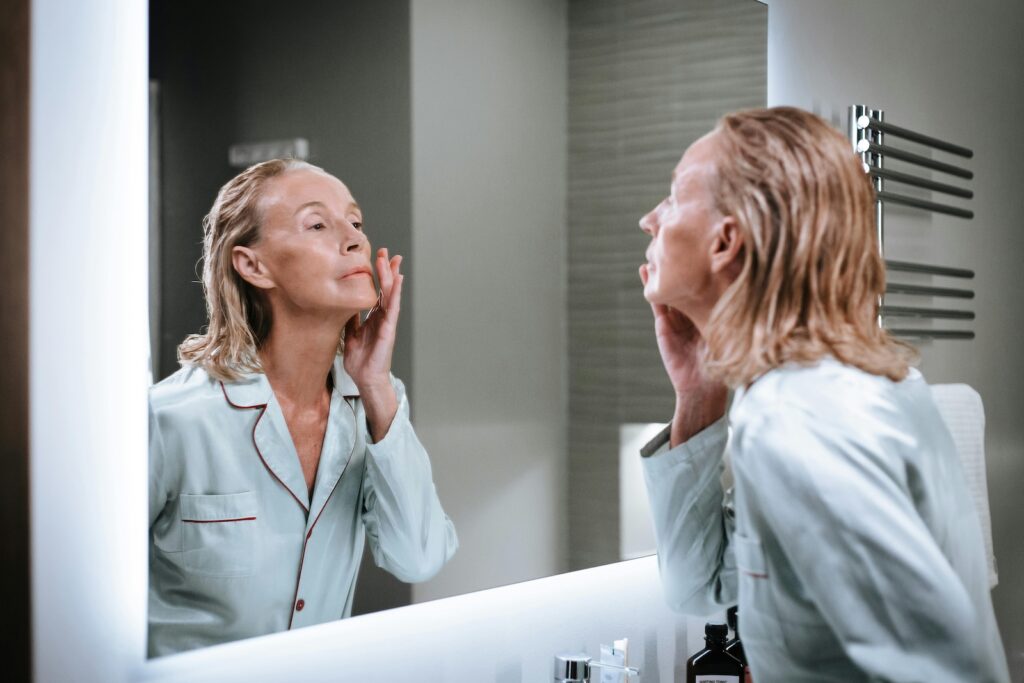
9. Stay Hydrated
Drinking lots of water helps you maintain skin hydration from the inside out. While the common recommendation is eight glasses daily, seniors should consult their healthcare provider for personalized hydration advice, as needs may vary based on medications and health conditions.
Winter-Proof Your Skin With Safe Step
Following these nine winter skincare and bathing tips can keep your skin healthy, hydrated and radiant all season long. At Safe Step, we’re dedicated to helping you enjoy the benefits of a relaxing bath in our walk-in tubs and walk-in showers while protecting your skin from cold weather. Our combination of safety and therapeutic features like MicroSoothe® air therapy, heated seat and backrest and sanitary gel coat create the perfect bathing routine to combat dry skin during the winter.
Start prioritizing your safety and skin health by requesting a free in-home quote today.

